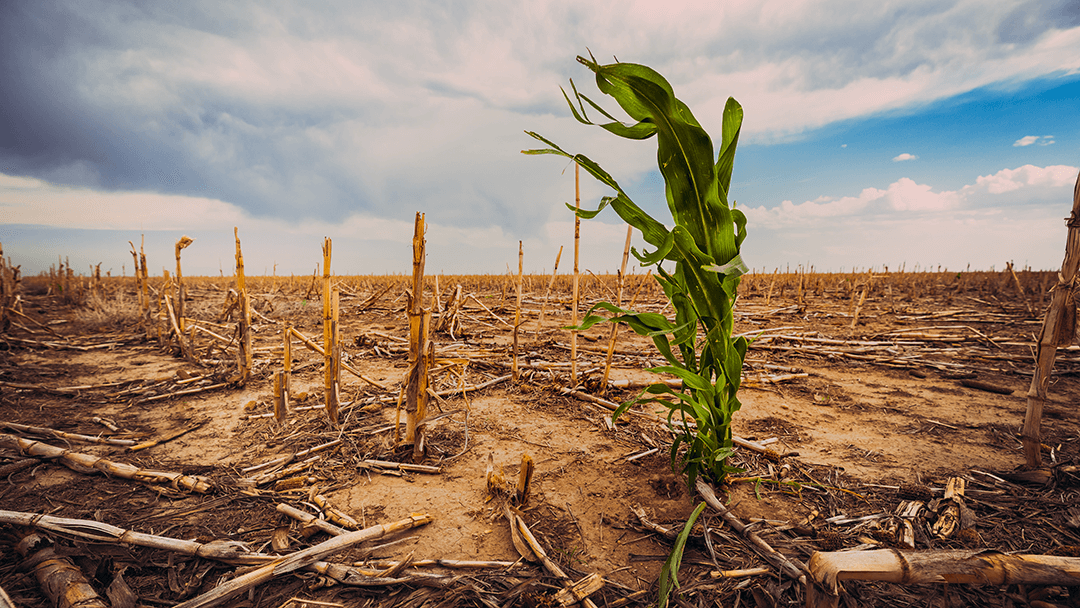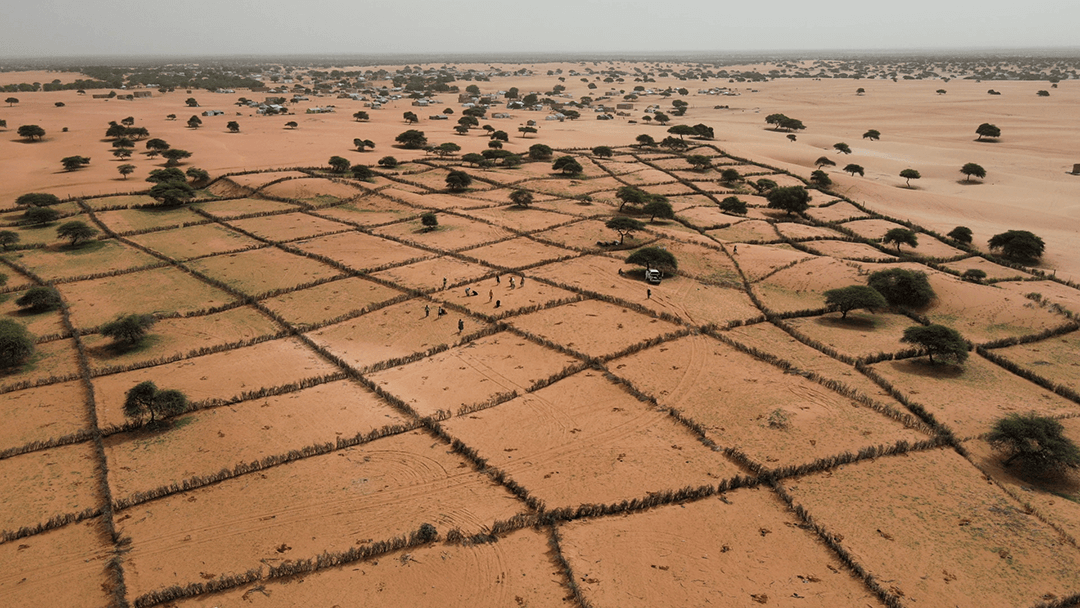Saudi-based scientists lead global effort to combat land degradation and boost food security

- KAUST led a global team to develop actionable strategies for governments to halt land degradation and secure food supplies.
A new international study led King Abdullah University of Science and Technology (KAUST), in collaboration with scientists from five continents, including members of the AEON Collective and the United Nations Convention to Combat Desertification (UNCCD), offers a blueprint to reverse the accelerating land degradation that is threatening food and water security, social stability, and biodiversity.
Published in Nature, the paper outlines three actions – increasing food production and consumption from the sea, reducing food waste by 75%, and restoring 50% of degraded land – that will reverse the trajectory of land degradation by 2050.
Reduce Food Waste
One-third of food is wasted every year, worth over $1 trillion. Through a new analysis of existing data, the study shows that food production currently consumes 34% of ice-free land, and if current trends continue, it will be 42% by 2050.
The scientists propose straightforward measures, such as modifying economic incentives, encouraging food donations, and promoting smaller restaurant portion sizes that, if implemented, will save an estimated 13.4 million square kilometers of land.
Expand Sustainable Seafood Production
The study highlights how promoting favorable aquaculture policies and development will reduce land stress and deforestation. Sustainable seafood farming is already viable and can significantly increase food production while aiding land restoration efforts.
These policies would save 17.1 million square kilometers of land, which, when combined with the land saved from reducing food waste, equals a total land area roughly the size of Africa.

Support Sustainable Land Management
More than 90% of farms worldwide are small or family-owned, and many already apply sustainable land management practices. The study argues that policies should help these small-scale farms scale up their production and improve access to sustainable agricultural technologies. This approach will facilitate land restoration while maintaining the livelihoods of farm families.
Importantly, all these approaches are feasible, say the scientists involved.
"By transforming food systems, restoring degraded land, harnessing the potential of sustainable seafood, and fostering cooperation across nations and sectors, we can ‘bend the curve’ and reverse land degradation," said KAUST Professor Fernando Maestre, a global expert on land degradation and lead author of the study.
KAUST Assistant Professor Hylke Beck, Ibn Sina Distinguished Professor Carlos Duarte, and Professors Matt McCabe and Yoshihide Wada also contributed to the study, along with KAUST research scientists Emilio Guirado, Ting Tang, and Michael Meiss. In addition to AEON’s Co-founders, HH Princess Mashael AlShalan and HH Princess Noura bint Turki Al Saud.

